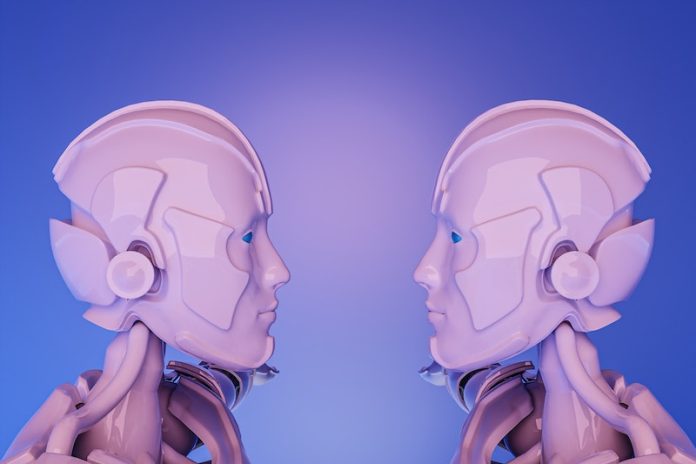
Cancer is a very tricky disease. It happens when some cells in our body start growing out of control. These cells can create a lump called a tumor.
Sometimes these tumors are not harmful, but sometimes they can be very dangerous and make people sick. There are many different types of cancer, and they can happen in many parts of the body.
One type of cancer is called “squamous cell carcinoma.” This is a big and complicated name, but we can break it down.
“Squamous cells” are a type of cell in our body, and “carcinoma” means that these cells are growing too much and causing problems.
This type of cancer can happen in many places, but today we’re talking about when it happens in the head and neck, especially on the tongue.
What is Artificial Intelligence?
Now, let’s talk about something called “Artificial Intelligence”, or AI for short. AI is like a very smart computer program that can learn and solve problems just like humans do.
Sometimes, AI can even be better than humans at spotting patterns or making predictions. AI is used in many fields, like playing chess, recognizing faces, or even diagnosing diseases.
Using AI to Spot Cancer
A group of scientists wanted to see if AI could help find tongue cancer earlier. The sooner we find cancer, the sooner we can start treatment, and the better the chances are that a person will get better.
The scientists trained their AI to look at special pictures of the body. These pictures come from a machine called PET/CT.
This machine is a bit like the X-ray machine at the dentist’s office, but instead of just showing your teeth, it can show different parts of your body and how they’re working.
The PET/CT can show where cells are growing too much and might be cancer.
The AI was so good at looking at these pictures that it could find cancer even before people started feeling sick. That’s a big deal because it could mean that people start getting treatment much sooner.
AI and Predicting the Future
The AI could do more than just find cancer. It could also guess whether a person might have the cancer come back after treatment. This is called “predicting recurrence.”
This is very helpful because doctors can keep a close eye on these patients and start treatment again if they need to.
A Surprising Find: Diabetes and Tongue Cancer
Now, here’s a surprising fact. The scientists found out that people with tongue cancer who also have diabetes, which is a disease that changes how your body uses sugar, did better than people who don’t have diabetes.
This means they were less likely to have the cancer come back, and they were more likely to get better.
This is a surprising finding because diabetes is usually a problem. It can make other diseases worse, not better.
But in this case, it seems like controlling blood sugar, which is what people with diabetes do, could help fight cancer. But remember, we still need more research to make sure this is true.
The Future of AI and Cancer
The scientists were excited about their work. They think that AI could help us spot and treat cancer better in the future. They also want to know more about why diabetes seems to help people with tongue cancer.
But remember, this is only the beginning. There’s still a lot more we need to learn before AI becomes a common tool for doctors. And there’s still a lot more we need to learn about cancer and how to best treat it.
In the end, every piece of the puzzle helps. Each study and each discovery gets us one step closer to understanding cancer better and hopefully, one day, being able to beat it for good.
If you care about cancer, please read studies that a low-carb diet could increase overall cancer risk, and vitamin D supplements could strongly reduce cancer death.
For more information about health, please see recent studies about how drinking milk affects the risks of heart disease and cancer and results showing higher intake of dairy foods linked to higher prostate cancer risk.
Copyright © 2023 Knowridge Science Report. All rights reserved.



